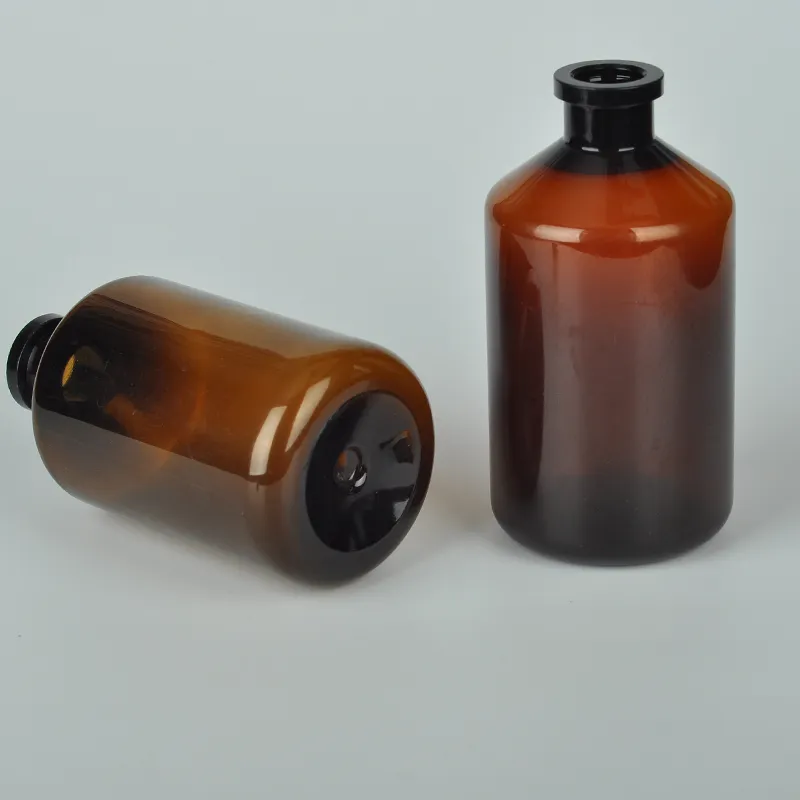Plastic Centrifuge Tubes for Laboratory Use in Multiple Applications and Research Studies
The Versatility and Importance of Plastic Centrifuge Tubes in Scientific Research
Centrifuge tubes, particularly those made from plastic, are indispensable tools in laboratories across various scientific disciplines. These tubes, usually cylindrical and calibrated for precise measurements, play a vital role in the separation, storage, and processing of biological and chemical samples. Their design and material properties make them suitable for a wide range of applications, from clinical diagnostics to academic research.
The Versatility and Importance of Plastic Centrifuge Tubes in Scientific Research
Plastic centrifuge tubes are available in various sizes, typically ranging from 1.5 mL to 50 mL, catering to different sample volumes and experimental needs. These tubes are often manufactured from high-quality polymers, such as polypropylene, which is known for its chemical resistance and ability to withstand extreme temperatures. Some specialized tubes are even designed to be ultra-centrifuge compatible, allowing researchers to perform high-speed centrifugation without risking the integrity of their samples.
centrifuge tube plastic

A defining feature of modern plastic centrifuge tubes is their ability to be self-standing, thanks to a specially designed base. This design improvement aids in the handling of samples, providing stability during experiments and reducing the risk of contamination from external surfaces. Furthermore, many tubes come equipped with screw caps or snap-on lids, both of which provide secure sealing to prevent spills or evaporative losses, which is crucial when dealing with volatile substances or sensitive biological materials.
In addition to their fundamental design features, plastic centrifuge tubes can also be pre-sterilized and disposable, which adds an extra layer of convenience for researchers. This disposability minimizes the risk of cross-contamination between samples, ensuring that experiments yield accurate and reliable results. In clinical settings, where time and accuracy are paramount, the use of single-use plastic tubes is a significant advantage.
Plastic centrifuge tubes are increasingly being adapted for specialized uses as well. For instance, some versions are designed for specific types of centrifugation, such as those intended for cell pelleting or protein precipitation. Others may be coated with specific materials to facilitate the binding of proteins during purification processes, thus expanding their applications in biochemical research.
In conclusion, plastic centrifuge tubes are a fundamental component of laboratory work, providing versatility, safety, and reliability. Their wide range of applications, coupled with advancements in design and material technology, makes them essential for scientists and researchers aiming to push the boundaries of knowledge in various fields. As research continues to evolve, the innovation surrounding plastic centrifuge tubes will undoubtedly play a significant role in shaping the future of scientific inquiry.
-
Aesthetic Makeup Spray Bottles | Fine Mist Empty RefillableNewsAug.19,2025
-
White Plastic Veterinary Vaccine Vials | Lab Liquid BottlesNewsAug.18,2025
-
Plastic Medicine Liquid Bottle: Secure Flip Top Drug VialsNewsAug.17,2025
-
Durable 250ml Blue Plastic Vaccine Vial for Lab & Vet UseNewsAug.16,2025
-
Sterile Virus Sample Tubes: Secure & Reliable Specimen CollectionNewsAug.15,2025
-
White 250ml Plastic Vaccine Vial for Lab & Vet MedicineNewsAug.14,2025
























